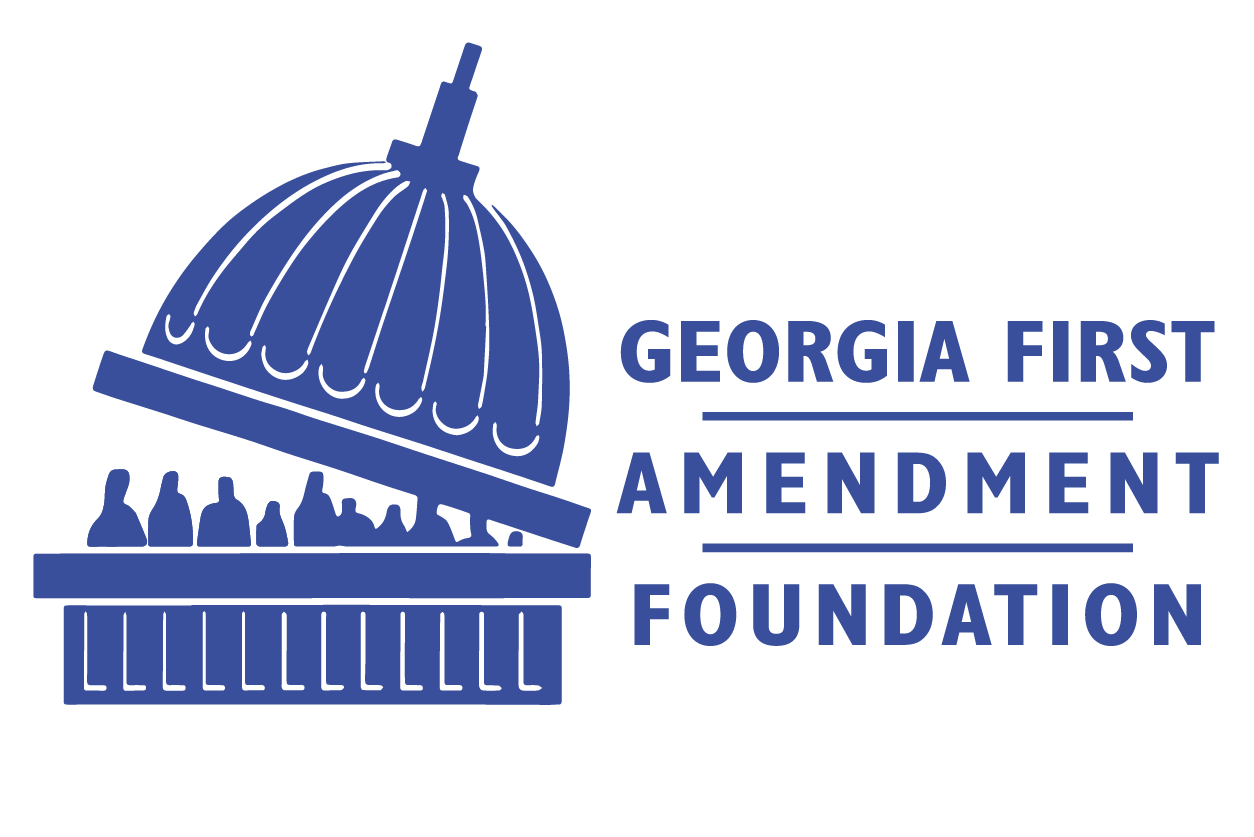By Clare Norins & Joy Ramsingh
As the Georgia Legislature recognizes, “open government is essential to a free, open, and democratic society.” OCGA 15-18-70(a). In many ways, Georgia prioritizes open government. For instance, the state Open Records Act requires an agency to respond to a public records request within three business days. Anyone can request records from a state or local government agency in Georgia, not just Georgia residents. A requester’s reason for seeking records is irrelevant under the law. Private entities performing government services must make related records available to the public. And the Act allows very narrow exemptions.
But a good law is only as strong as its enforcement. And here is where Georgia is falling short on public access to government records.

Clare Norins
Our Open Records Act provides two avenues for forcing recalcitrant agencies to comply: The Georgia attorney general has the power to bring both civil and criminal prosecutions, and private citizens may file lawsuits to force compliance.
Attorney General Chris Carr has prosecuted only one high-profile open records case since he took office six years ago. He has publicly commented that, while his office will sometimes mediate public records issues between citizens and municipal or county agencies, he considers it a conflict of interest for his office to mediate with, let alone prosecute, state agencies if they fail to produce records because the attorney general defends those agencies in such lawsuits.
So, in the vast majority of cases, records requesters are left to take individual action in court if they come up against non-compliant Georgia agencies. A citizen’s best hope for success is to find a lawyer who will advocate for them.

Joy Ramsingh
The good news is that Georgia’s Open Records Act provides for that advocacy, including on behalf of citizens who cannot afford to pay a lawyer. Joy Ramsingh, co-author of this commentary, regularly represents such clients. The Act says that either side in public records litigation can be awarded attorneys’ fees at the end of the case if the other side’s position lacked “substantial justification” So, if an attorney represents a private citizen against a noncompliant government agency, and the citizen wins in court, the attorney may collect legal fees from that agency if it did not have “substantial justification” for violating the law.
The bad news is that courts have discretion when applying this crucial provision of the Open Records Act. A lawyer representing a public-records plaintiff on a pro bono basis can work for months or even years to ensure the client gets the public records they are entitled to receive. Yet the lawyer may be paid nothing if a judge declines to require the losing agency to pay the plaintiff’s legal fees.
This saps the strength of the Georgia Open Records Act by disincentivizing attorneys from taking pro bono cases. As a result, citizens struggle to find lawyers willing to help them fight for access to records that explain what elected representatives, government employees, and their private-entity partners are doing with the power and taxpayer dollars granted to them by those very citizens.
A recent example is Atlanta Community Press Collective and Lucy Parsons Labs v. Atlanta Police Foundation, a matter in which Ramsingh and commentary co-author Clare Norins each represented the plaintiffs at different stages of the litigation. In that case, local media outlet Atlanta Community Press Collective sued to force release of public records held by the Atlanta Police Foundation, a private entity which exists to provide strategic support to the Atlanta Police Department. The records related to planning and construction of the Atlanta Police Department’s new Public Safety Training Center.
Lucy Parsons Labs, a Chicago-based research and policy group that focuses on surveillance, joined the lawsuit as an additional plaintiff because its record requests to the Atlanta Police Foundation had also gone unanswered.
In late May 2025, after more than a year of litigation and a two-day trial, a Fulton County Superior Court judge ruled in favor of the plaintiffs. The judge found that the Atlanta Police Foundation’s selective release of records to some requestors, but not to the Atlanta Community Press Collective and Lucy Parsons Lab, violated the law. She ruled that the foundation had roundly ignored the Georgia Open Records Act’s three-day provision for responding to the plaintiffs’ requests for disclosure. She rejected as invalid the foundation’s claim that the requested records were protected as trade secrets or “sensitive proprietary information.” And she required the foundation to turn over all of the existing relevant documents responsive to the plaintiffs’ requests.
Yet the judge declined to award legal fees to the plaintiffs. She was persuaded by the Atlanta Police Foundation’s claims that it did not understand either the plain language of the Open Records Act, nor decades of judicial decisions requiring private entities to produce records related to performing services or functions for government agencies. The judge also gave credence to the foundation’s claim that it did not want to release records to the Atlanta Community Press Collective for fear of how it would use and share the information. Was the foundation’s non-compliance “substantially justified” under the law? The Georgia Code says no, that “Ignorance of the law excuses no one.” What’s more, both the Georgia Supreme Court and Georgia Court of Appeals have long made clear that the identity and affiliations of the requester are irrelevant to whether public records must be produced. Nonetheless, the Fulton Superior Court judge ruled that the foundation’s failure to comply with the Open Records Act based on professed ignorance of the law and discomfort with the identity of one of the requesters was substantially justified, and declined to award attorneys’ fees to the prevailing plaintiffs.
This ruling illustrates why attorneys are reluctant to take pro bono open records cases in Georgia: There is an outsized risk that courts will not compensate the legal work necessary to uphold Georgia’s key sunshine statute, even if the attorney wins for their client and for the public. The Georgia attorney general does not prioritize enforcing the state’s Open Records Act. And private citizens who lack legal representation are unlikely to initiate, let alone prevail, in a legal fight that involves going up against government agencies represented by taxpayer-funded defense counsel, or, as in the case of the Atlanta Police Foundation, deeply resourced private entities. The result: The Georgia Open Records Act is a well-crafted law in danger of becoming toothless through lack of enforcement.
Judges can fix this problem by scrupulously examining a losing agency’s claim of “substantial justification” for violating the law. If Georgia statutes and appellate precedents do not support the losing agency’s position, judges should apply the existing Open Records Act provision to award legal fees to citizens who prove their case in court.
Clare Norins is a clinical associate professor at the University of Georgia School of Law and board member of the Georgia First Amendment Foundation. She served as counsel for plaintiffs in Atlanta Community Press Collective and Lucy Parsons Labs v. Atlanta Police Foundation for purposes of filing and serving the complaint. The views expressed herein are solely her own.
Joy Ramsingh is an attorney at Ramsingh Legal and executive committee member of the Georgia First Amendment Foundation. Her practice focuses exclusively on public records and public meetings issues. She represented the plaintiffs in Atlanta Community Press Collective and Lucy Parsons Labs v. Atlanta Police Foundation for purposes of discovery and trial.
Reprinted with permission from the June 18, 2025, edition of the Daily Report © 2024 ALM Global Properties, LLC. All rights reserved. Further duplication without permission is prohibited, contact 877-256-2472 or asset-and-logo-licensing@alm.com.

